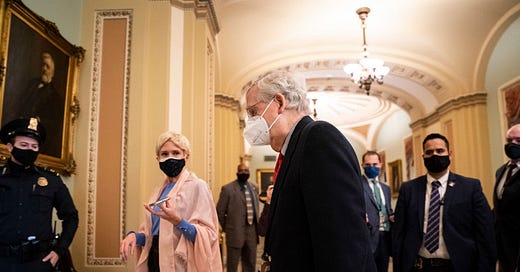😎What to Make of the Credit Cycle: Pros Say Part II.😎
Lots of open questions but many restructuring pros expect next year to be busy.
Last Wednesday in “😎What to Make of the Credit Cycle: Pros Say😎,” we asked a number of restructuring lawyers, bankers and advisors the following: “What has been the most surprising theme/situation you've followed and/or experienced since the pandemic hit?” The answers were illuminating and our panel showed why they’re “pros.”
This week we return with …




